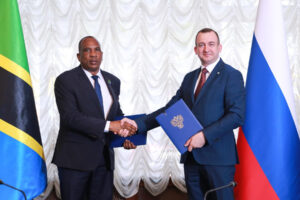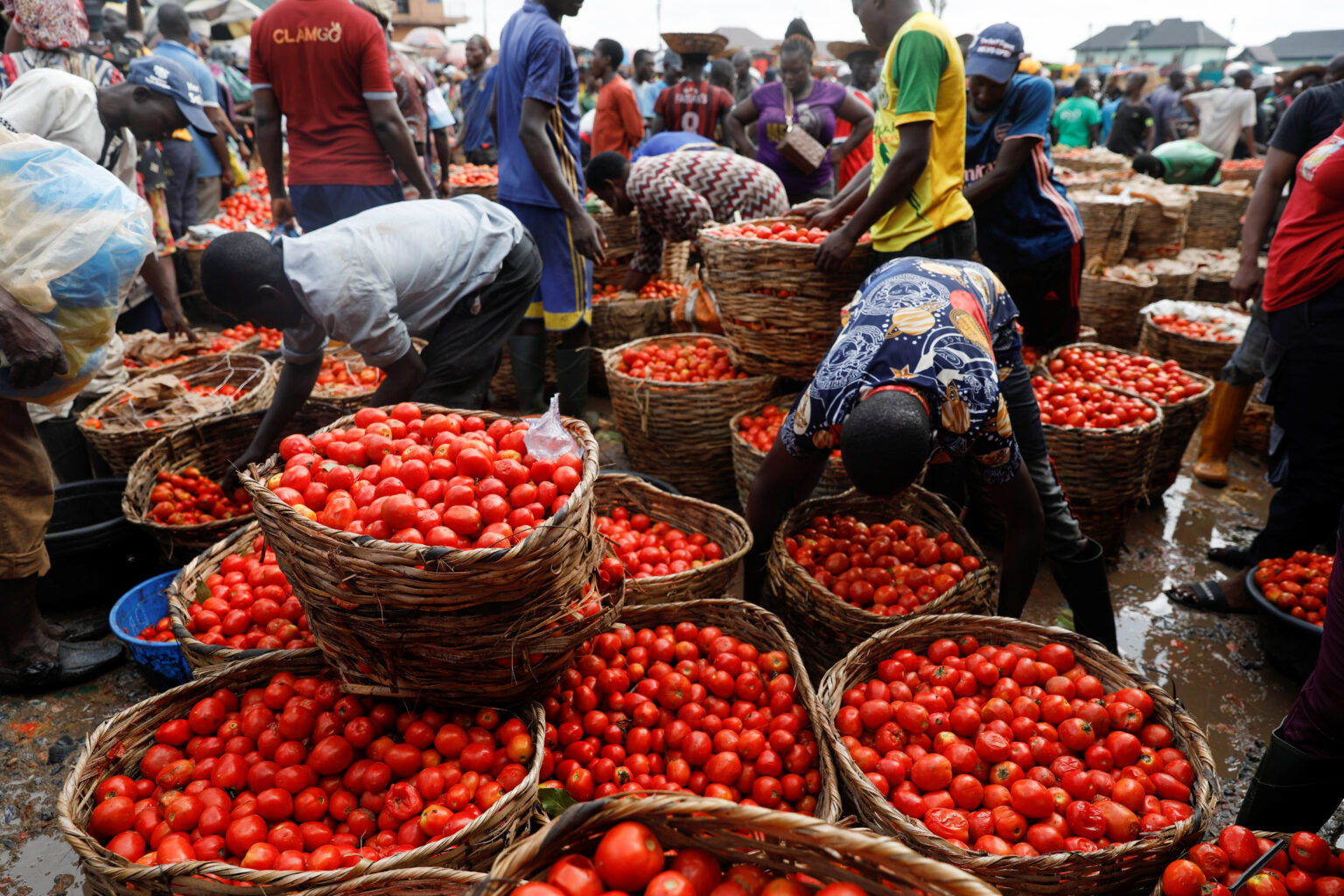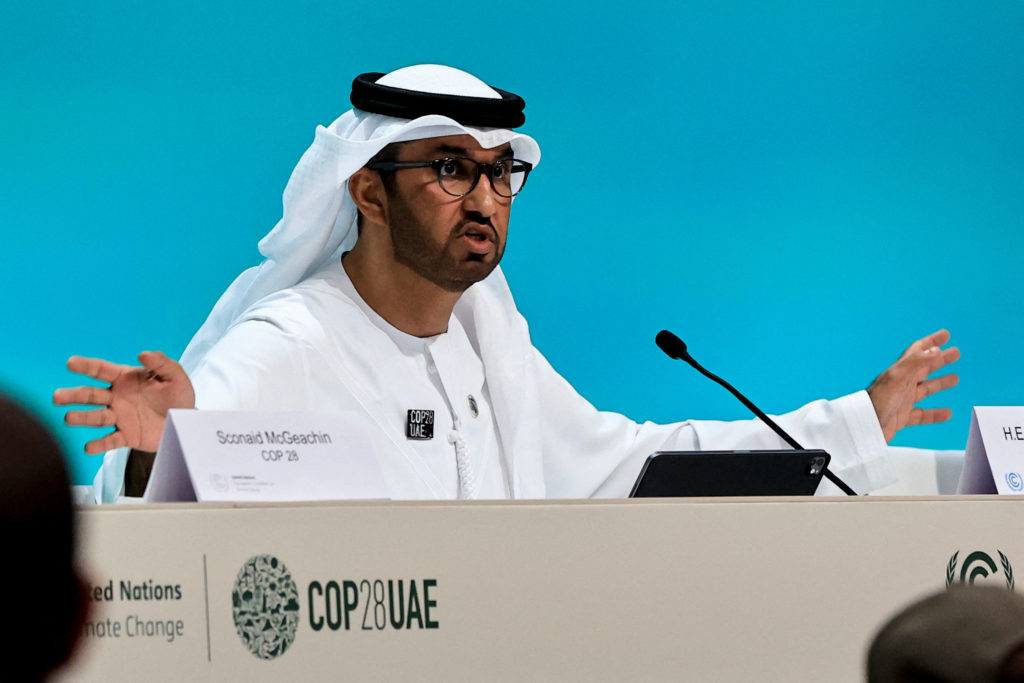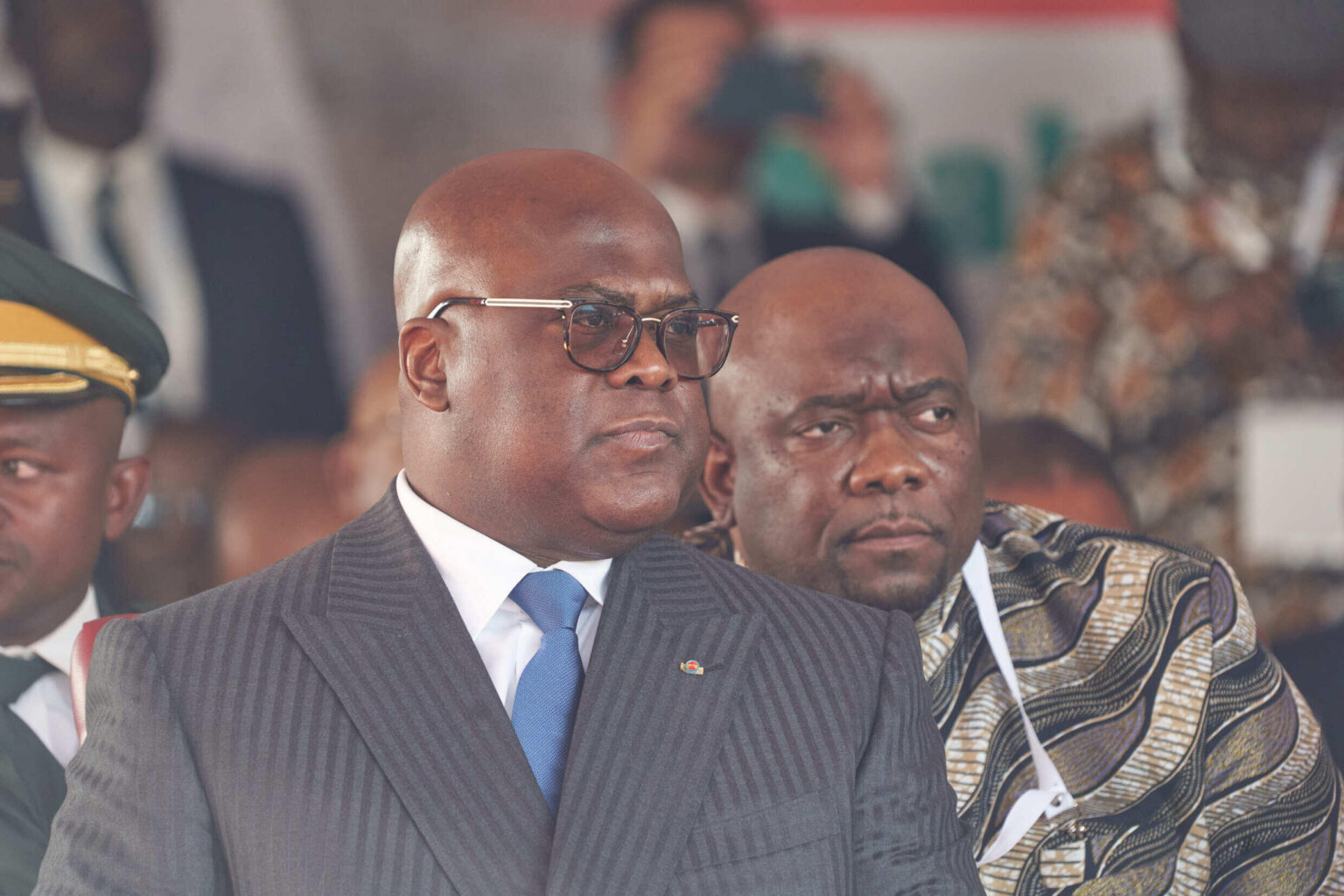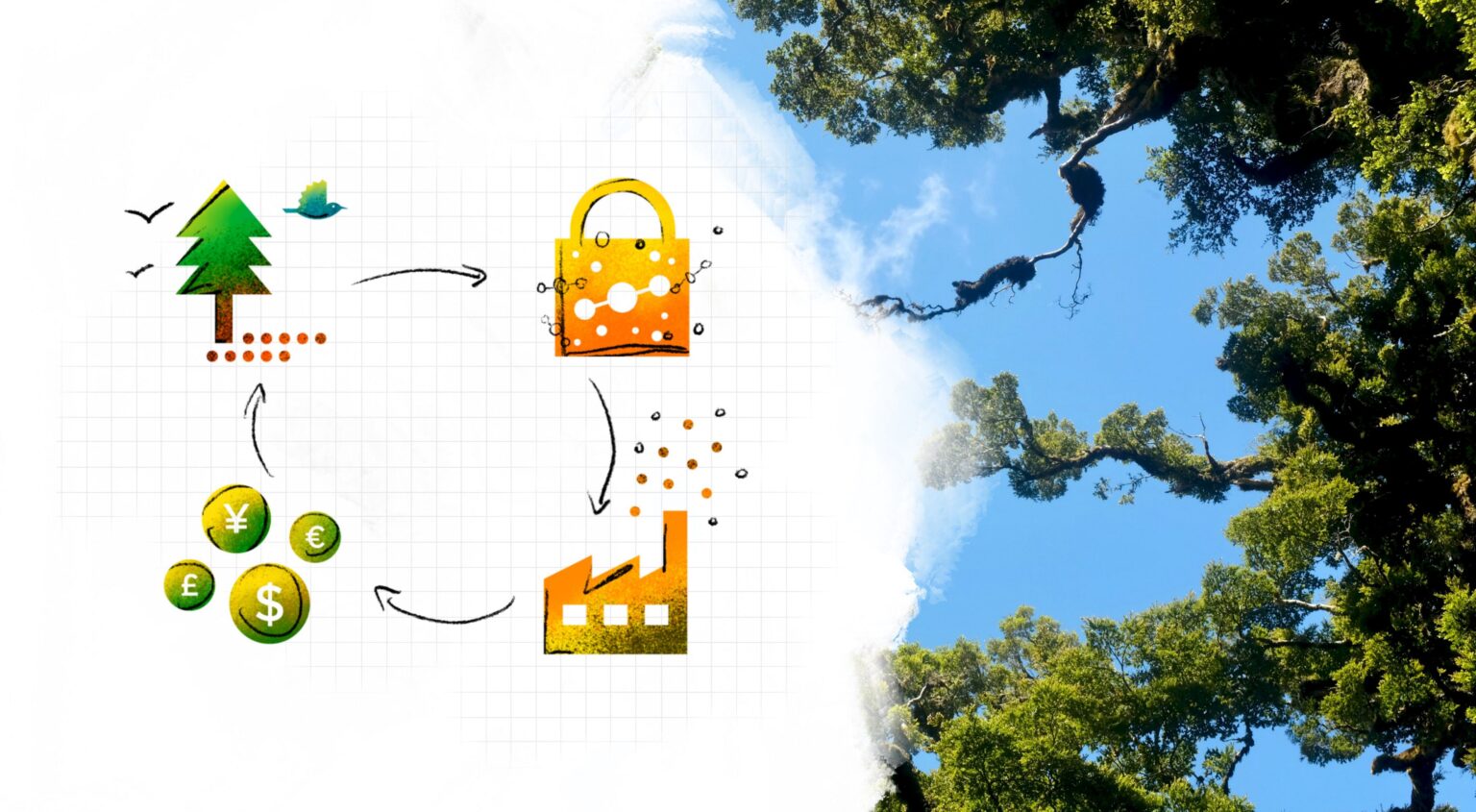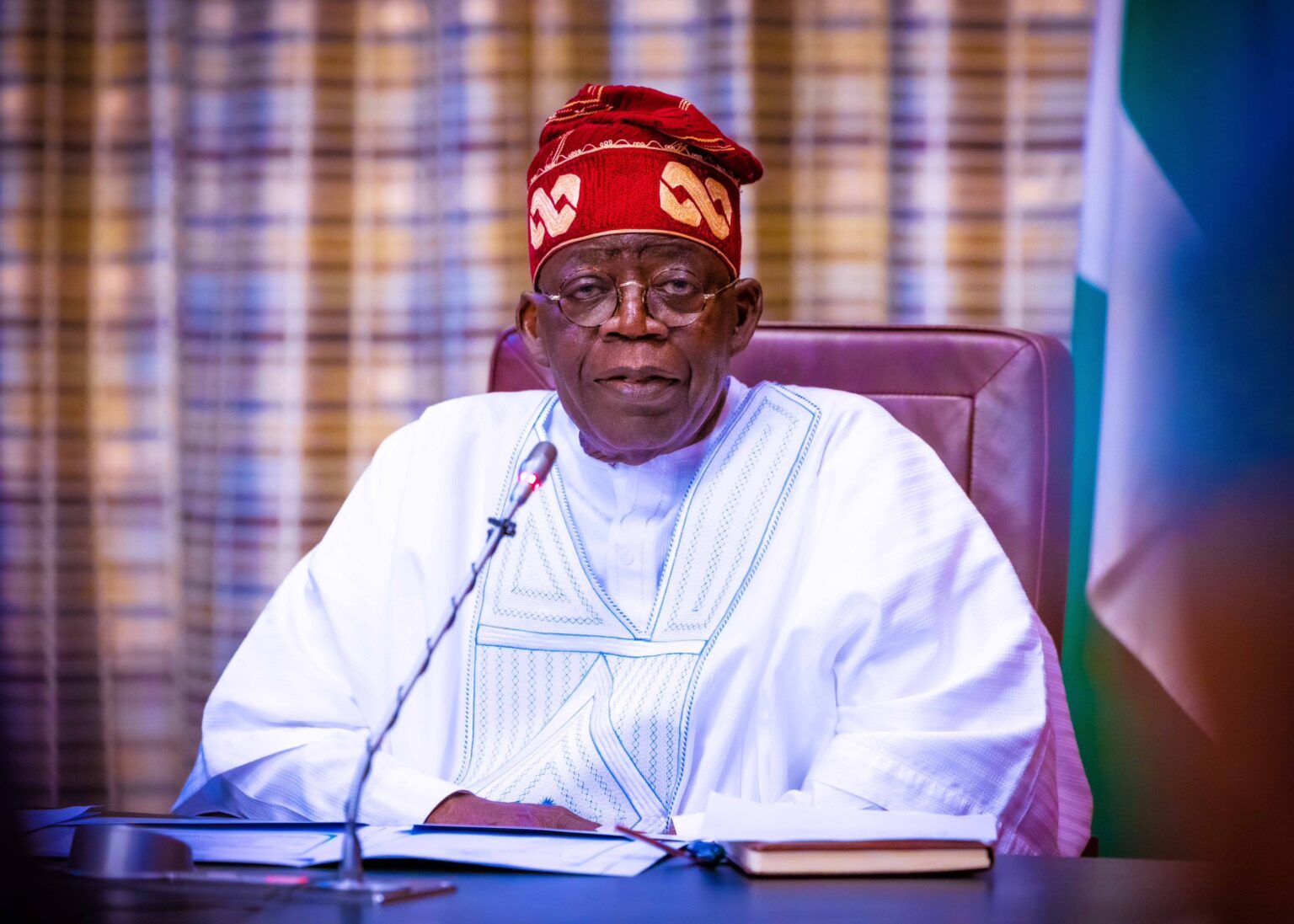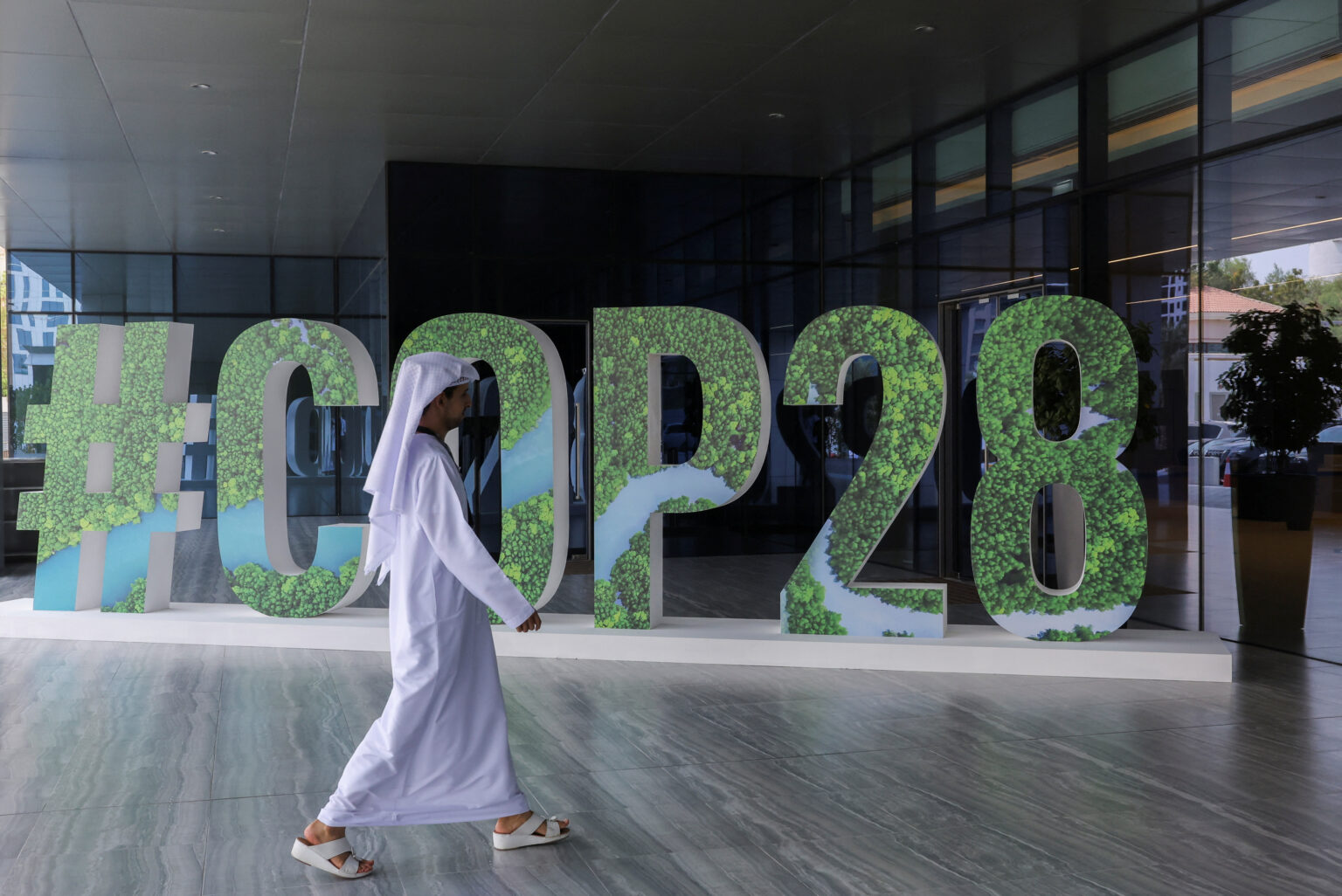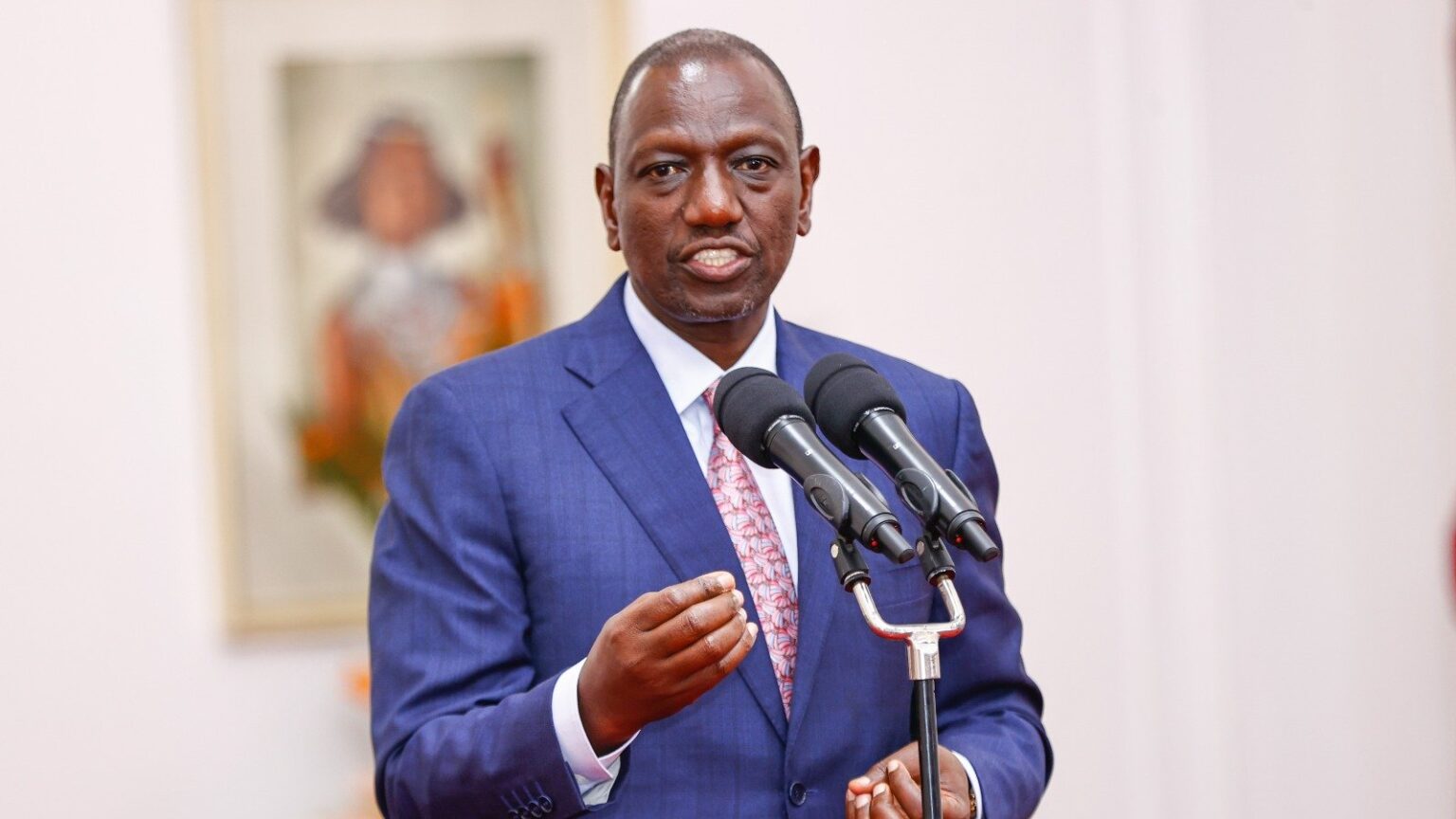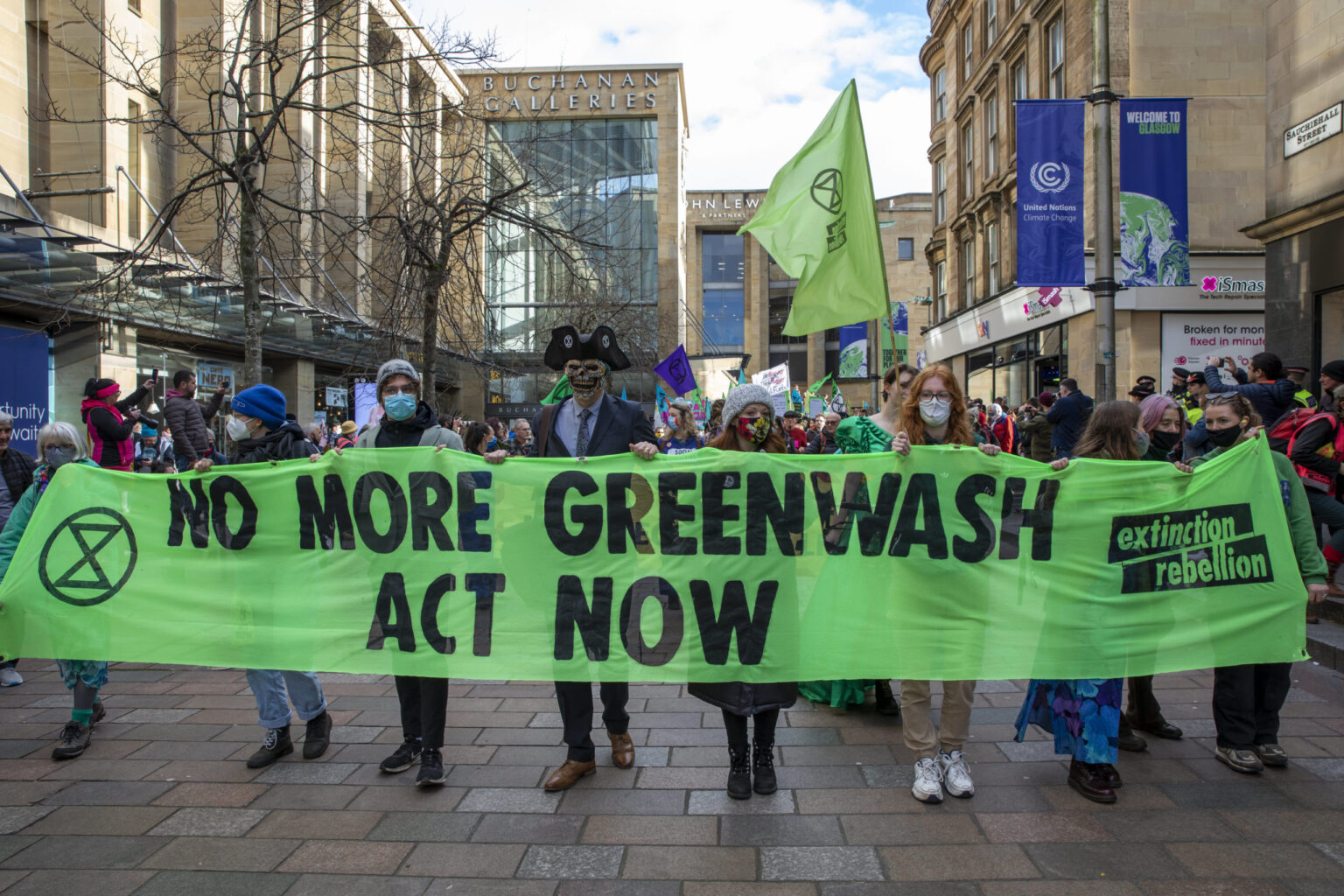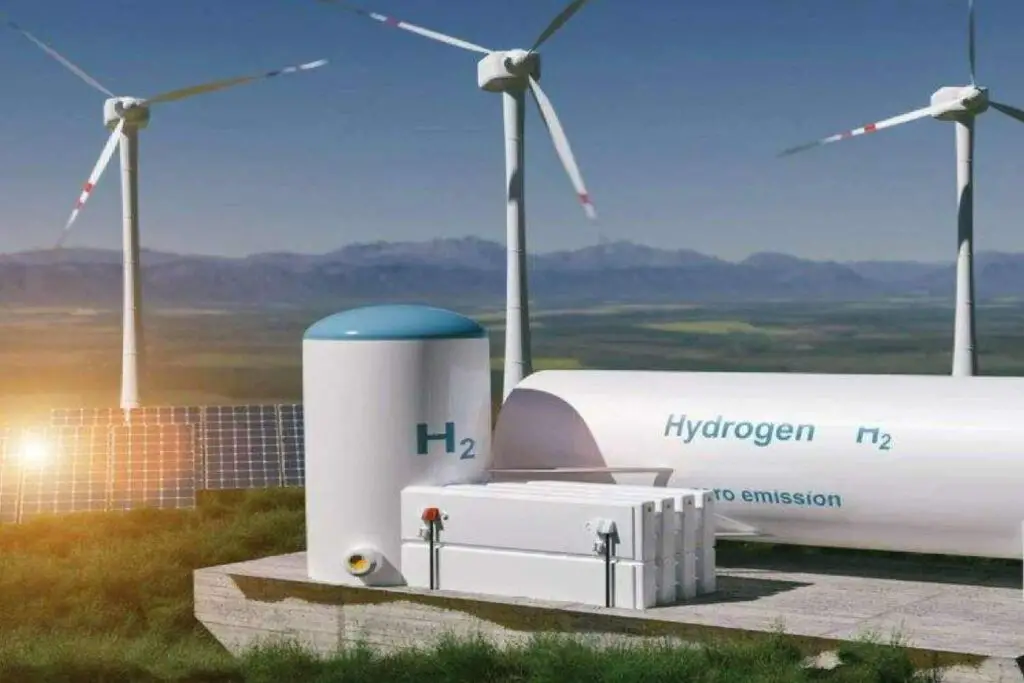- Russia and Tanzania unite to double trade, boost Africa market access
- History as Janngo Capital seals Africa’s largest gender-equal $78M tech VC fund
- South Africa Budget Disappoints Investors as Deficit Widens
- Kenya drops to 6th place in Africa trade barometer
- Tanzania’s bold move to boost cashew nut exports by 2027
- Chinese cities dominate global list of places occupied by billionaires
- Sudan tops up as Africa aims for $25 billion development fund
- Opportunities for youth: Tech firms Gebeya and NVIDIA to train 50,000 developers in Africa
Author: James Ndwaru
I am a writer based in Kenya with over 10 years of experience in business, economics, technology, law, and environmental studies.
- Nigeria’s inflation rate has remained high for the past 9 years, way before COVID-19 and the disruptions it imposed.
- Experts have argued that Nigeria’s inflation results from excess money supply in the economic system chasing too few goods.
- Nigeria’s inflation climbed to a new 18-year high in November, matching a record level last seen in 2005.
In 2021, the global economy experienced an inflation surge. This was the first time in many decades that inflation hit double digits in most developed and emerging economies. In the United States, inflation peaked at 9.1 per cent in July 2022, the highest in 40 years.
Such high levels of inflation were unusual and uncomfortable, and the Central Banks in the affected countries tackled it ruthlessly. The applied policy actions paid off and inflation has been moderating fast.
However, what obtains in Nigeria paints a starkly different image from what the rest of the …
- For the first time in climate summits, diplomats from nearly 200 countries at COP28 have agreed on a new global climate pact.
- While past United Nations climate deals called for countries to reduce emissions, they shied away from overtly using the words “fossil fuels.”
- Africa should be allowed to exploit its significant oil and gas reserves to develop its economies before transitioning to cleaner energy forms.
For the first time in climate summits, diplomats from nearly 200 countries at COP28 have agreed on a new global climate pact that clearly outlines the need to “transition away from fossil fuels,” including oil, gas, and coal that have been hazardously heating the planet.
The agreement was reached on the final day of the COP28 in Dubai, United Arab Emirates, following two weeks of intense negotiations in a year regarded as the hottest. European leaders and most nations most exposed to climate-fuelled …
- Economic considerations are why the world is watching the DR Congo elections.
- President Félix Tshisekedi’s approach to the Eastern Congo crisis is a matter of immediate political strategy and a defining aspect of his legacy.
- DR Congo’s political stability is crucial for international markets.
The Democratic Republic of Congo (DR Congo) is at a pivotal moment with the delay of its December 20th election, attracting global attention. This postponement, amid logistical challenges and the ongoing conflict in the eastern provinces, raises concerns about the integrity of the electoral process.
The country’s history of electoral irregularities, including allegations of fraud in past elections, amplifies these worries. The international community is closely monitoring the situation, as any perceived manipulation could further destabilize the already fragile political landscape of the country and the Central African region.
Winning the Hearts of Eastern Congo: A Keystone for Tshisekedi’s Legacy
- The reward for fixing the carbon credit trade could be enormous, especially for Africa’s energy transition.
- The $2 billion global trade in voluntary carbon markets (VCMs) has suffered from greenwashing allegations, with prices plummeting from the 2022 peaks.
- For some African climate-linked businesses, the successful functioning of the carbon credits market is not a nice one but is core to their operating strategy.
Highly indebted nations need all the financing available to support their energy transition and climate adaptation needs. With the developed world lagging on its climate funding pledges, market-based solutions provide a supplementary funding source.
Carbon credits, a tradeable instrument obtained when a tonne of carbon is avoided or withdrawn from the atmosphere, have always offered significant optimism. With swaths of carbon-capturing biodiversity in the global south, Africa has the supply, while the industrialised nations looking to offset their emissions have the demand. Buyers then channel the finances …
- In a significant move by Moody’s Investors Service, Nigeria’s credit rating has been upgraded from stable to positive.
- The devaluation of the Naira and the reduction of the oil subsidy are seen as bold steps towards fiscal responsibility.
- The recent devaluation of the Naira, a significant move by President Bola Tinubu’s administration, carries profound implications for Nigeria’s credit rating.
In a significant move by Moody’s Investors Service, Nigeria’s credit rating has been upgraded from stable to positive. This shift, while not altering the country’s credit rating, marks a potential turning point for the nation’s fiscal and economic health. The December 9th upgrade reflects the Nigerian government’s concerted efforts to stabilize its economy, spearheaded by President Bola Tinubu, amid a complex tapestry of challenges and reforms.
Credit ratings, as determined by agencies like Moody’s, are pivotal in the global economic landscape. They are a barometer for a nation’s creditworthiness, impacting …
- Global oil and gas producers have remained under immense pressure to show more goodwill in the energy transition agenda.
- As this year’s climate summit enters its homestretch, the most intriguing question is whether the final accord will pledge to reduce fossil fuels.
- The oil and gas industry’s confidence has also caused tension with renewable groups and climate activists.
The 2015 Paris Agreement establishes measures and conditions requiring all member states to mitigate climate change through emission reductions. Further, Goal 7 of the 2030 Agenda for Sustainable Development calls for concerted efforts to ensure access to modern, cleaner forms of energy, while Goal 13 calls for action to combat climate change.
Consequently, the global energy transition is on the cards. There have been calls from the global north to the south for the world to find a proper compromise on energy needs even as climate change effects put sterner demands on …
- Since ascending to office in September 2022, President Ruto has remained relentless in his bid to boost Kenya’s agricultural productivity.
- Agriculture remains the bedrock of the country’s development and the key to creating equitable and sustainable growth for its citizens.
- President Ruto has focused on implementing policies and programs to enhance productivity, improve farmers’ incomes, and ensure food security.
Agriculture as a bedrock of Kenya’s economic prosperity
Kenya has made impressive economic strides in innovation and entrepreneurship, private sector enterprise, infrastructure, and human skills development. However, agriculture remains the bedrock of the country’s development and the key to creating equitable and sustainable growth for its citizens. The importance of agriculture has been highlighted in Kenya’s Vision 2030
Moreover, research has demonstrated that agriculture remains a major driver of economic prosperity for most African countries. In addition to driving economic growth, agriculture creates jobs for most rural communities and is essential …
As COP28 unfolds with its myriad discussions and commitments, a less visible but equally critical issue looms on another continent – the pervasive problem of greenwashing in Africa. From the corridors of corporate power to the burgeoning startup ecosystem, greenwashing emerges as a misleading marketing tactic and a significant barrier to genuine environmental and social progress in Africa.
In Africa’s corporate sector, greenwashing has become a strategic tool used by both corporations and governments to cover up environmentally detrimental practices. This issue is acutely critical in a continent where environmental conservation is not just a matter of policy but survival.…
- Around 200 countries have agreed on how to run the Climate Loss and Damage Fund to help vulnerable nations address more extreme weather conditions.
- Germany and the UAE have pledged $100 million each to the climate damages initiative.
- The World Bank will host the Climate Loss and Damage Fund on a trial basis.
Around 200 countries have agreed on how to run the Climate Loss and Damage Fund to help vulnerable nations address more extreme weather conditions. Consequently, rich nations have pledged at least $260 million to kickstart the program, making a breakthrough as global climate deliberations opened in Dubai, the United Arab Emirates (UAE).
Delegates at the COP28 summit on Thursday adopted a framework for the World Bank to host the Loss and Damage Fund following months of negotiations. This year’s host, the UAE, indicated it would contribute $100 million, adding another $100 million from Germany. The United Kingdom …
- Mozambique’s Green Energy Transition Strategy (ETS) to drastically reduce its dependence on fossil fuels.
- As a nation with one of the world’s lowest electricity consumption rates, Mozambique is poised to leapfrog into a new era of energy sufficiency and independence.
- Mozambique’s success or failure of this venture could offer valuable lessons for other countries grappling with the complexities of sustainable development and climate-aligned economic growth.
Mozambique’s green energy move
Mozambique has embarked on an $80 billion Energy Transition Strategy (ETS) to drastically reduce its dependence on fossil fuels. This bold initiative, set to be unveiled by President Filipe Nyusi at the COP28 international climate summit in Dubai, represents a significant pivot towards sustainable development and positions Mozambique at the forefront of the global green energy transition.
At the heart of Mozambique’s strategy is integrating 2,000 megawatts of hydropower capacity by 2030, which aims to address the country’s energy poverty and …
